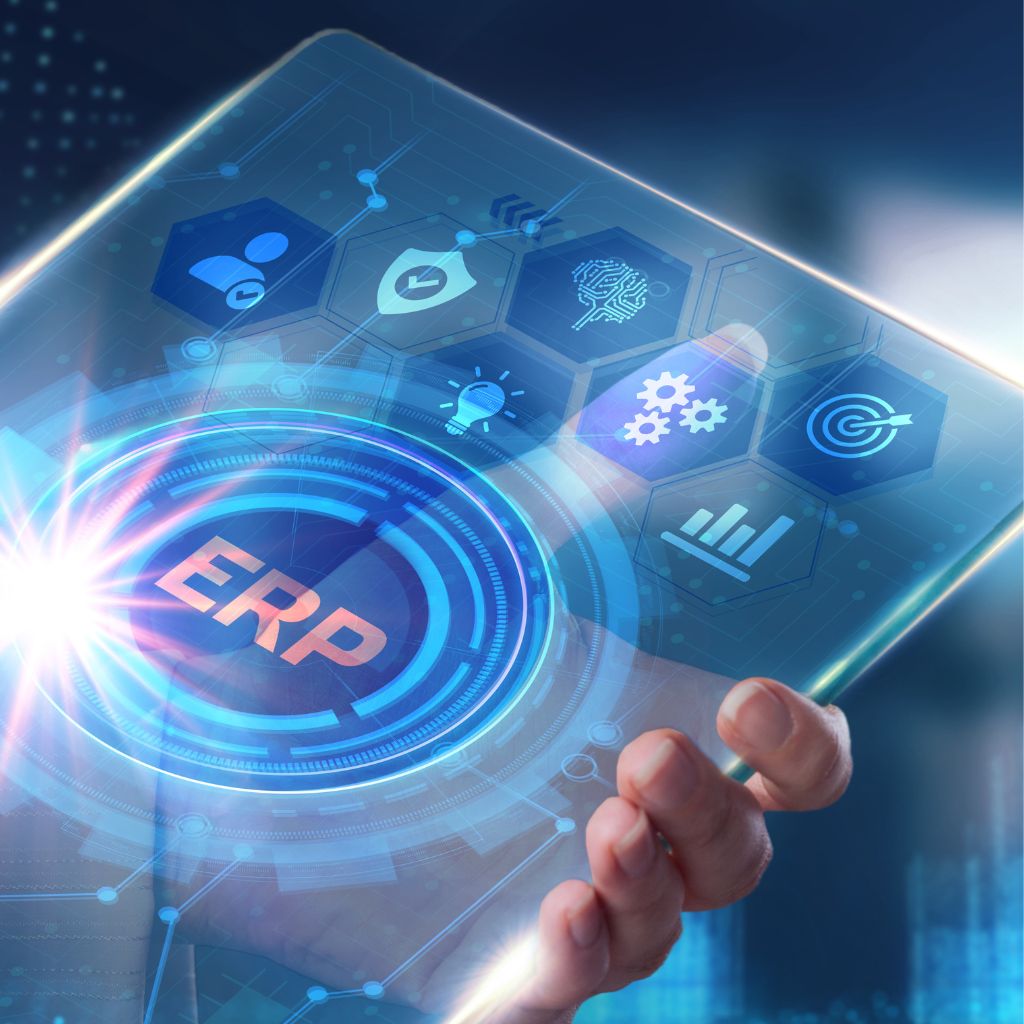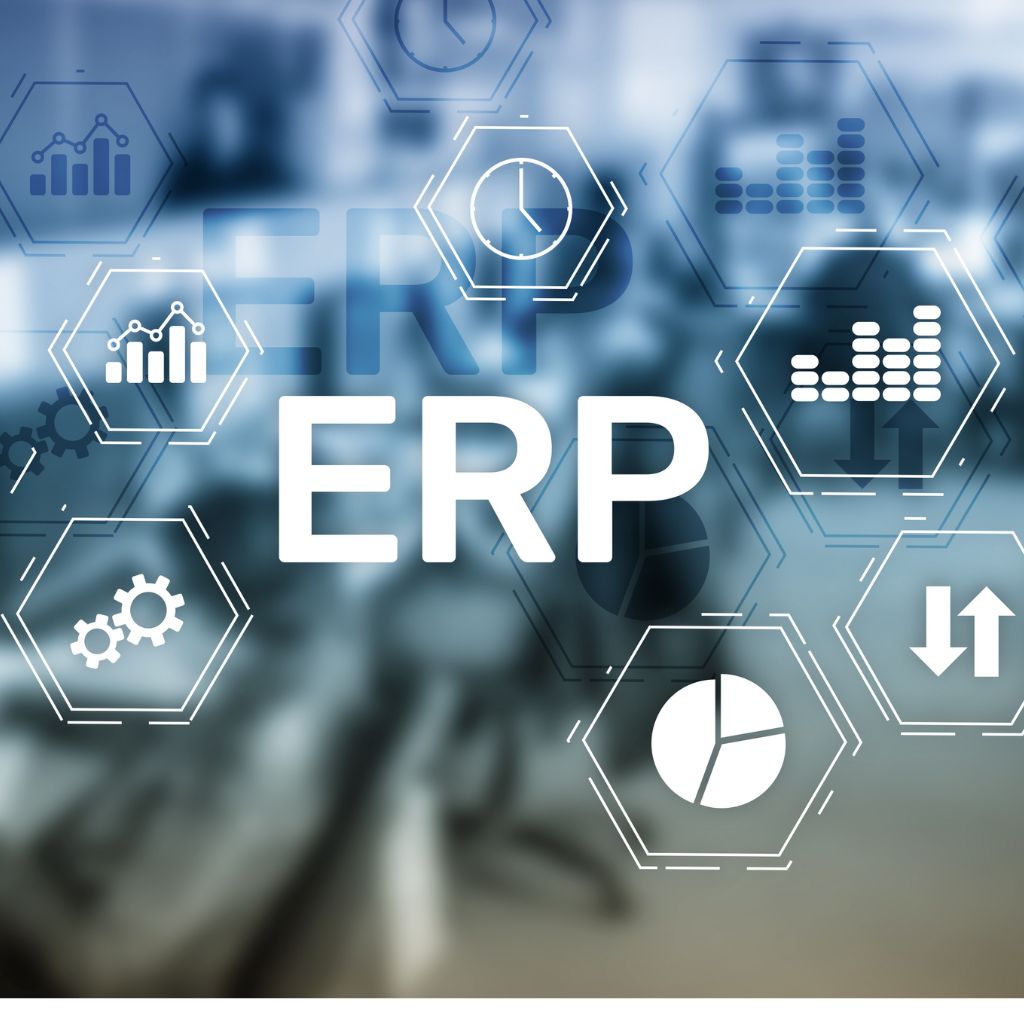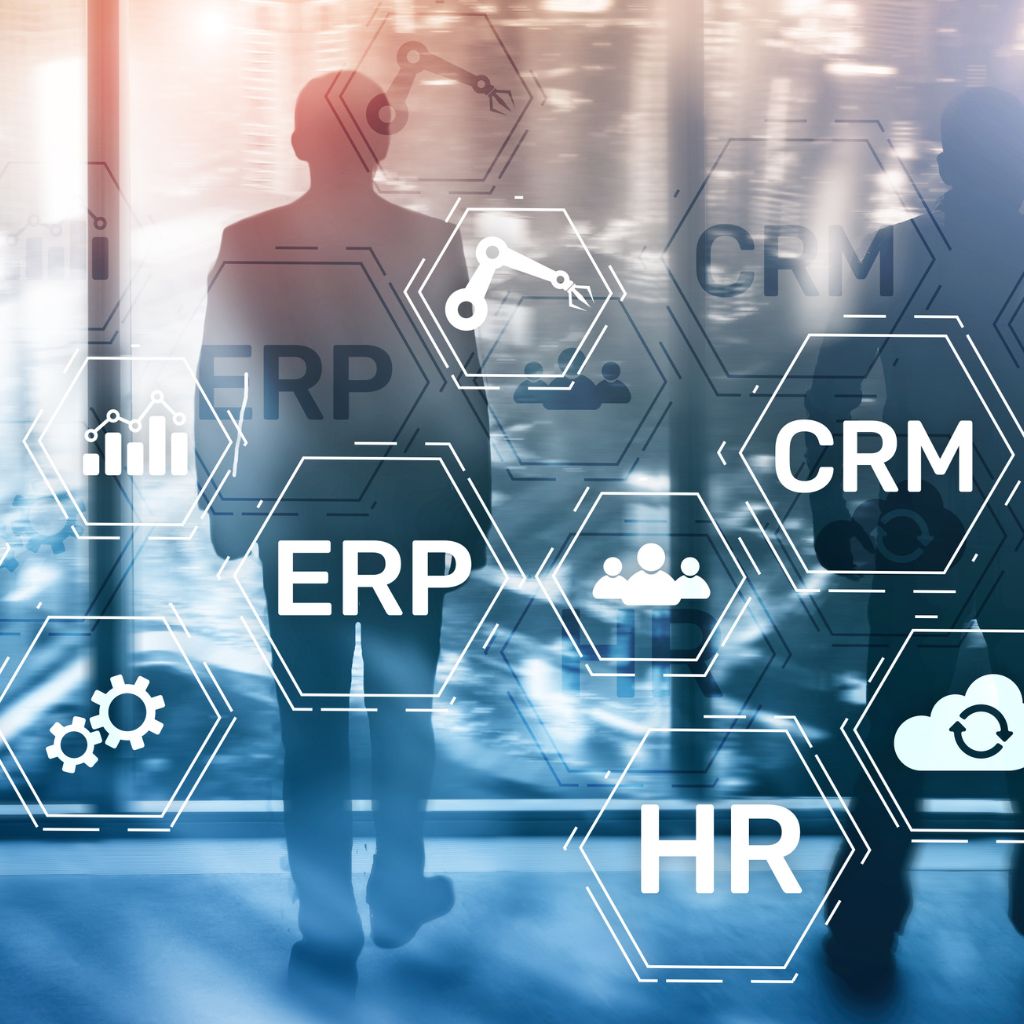Christian Julián Acevedo
In today’s fast-paced business world, agility, efficiency and adaptability are not just competitive advantages; they are requirements for survival. Companies face constant pressure to innovate, optimize their operations and make smarter, faster decisions.
In this context, traditional enterprise resource planning (ERP) systems, often hosted on local servers, can become a liability rather than a tool for progress. Rigidity, high maintenance costs and difficulty in upgrading are barriers to growth. The answer to these challenges lies in the cloud: Cloud ERP.
A Cloud ERP system is not simply a version of a traditional ERP hosted on the Internet. It represents a fundamental paradigm shift in the way companies manage their processes, data and resources. It is an end-to-end platform that harnesses the power of the cloud, Artificial Intelligence (AI) and industry best practices to drive true digital transformation.
But what does this mean in practice and why is it so crucial to the future of your business?
Why Migrate to Cloud ERP? Signs that it's time for change
Many organizations realize that their current systems are no longer sufficient to meet the demands of the modern marketplace. If you identify with any of the following situations, chances are your company is ready to make the leap to Cloud ERP:
- Your current systems have become obsolete or over-customized. Perhaps your current system was an adequate solution at the time, but over time, it has been modified with so many customizations that each upgrade becomes a costly and complex project. This rigidity prevents you from adopting new technologies and adapting quickly to market changes.
- You’re looking for a modern user experience. Today’s employees expect work tools that are as intuitive and collaborative as the apps they use in their personal lives. You need a user experience that is AI-powered, easy to use, and fosters collaboration across teams.
- You need to automate processes from start to finish. Manual and repetitive tasks consume valuable time and are prone to errors. The solution is to automate business processes end-to-end, integrating artificial intelligence to optimize each step.
- You want to move your applications to the cloud and always keep them up to date. The desire to quickly migrate business applications to the cloud and benefit from
always beingon the latest version without complex update processes is a key motivation. A Cloud ERP ensures that you always have the latest innovations and security patches automatically.


The pillars of success with modern Cloud ERP
Adopting Cloud ERP goes beyond a simple technology upgrade. It is a business strategy that redefines efficiency and growth. The benefits can be grouped into three fundamental pillars.
- Simplifying daily work to boost productivity
The main goal of any business tool should be to make work easier, not more complicated. A modern Cloud ERP is designed to do just that. Through the use of artificial intelligence and enriched business data, everyday tasks are significantly simplified.
Imagine a system that not only processes transactions, but also offers proactive recommendations.
For example, AI can analyze buying patterns and predict future demand, helping to optimize inventory levels. It can identify bottlenecks in the supply chain before they become serious problems or analyze financial data in real time to speed up the accounting close. By speeding up processes and optimizing decisions, employees can free themselves from monotonous tasks and focus on higher value-added activities such as strategy, innovation and customer relations.
- Driving the sustainable growth of your business
Cloud ERP is the foundation on which future growth is built. These platforms offer
However, each company is unique. Therefore, it is crucial that the system offers the ability to easily extend and integrate to meet specific requirements. Whether connecting to an e-commerce platform, a specialized CRM or developing custom applications, a modern Cloud ERP provides the flexibility to adapt to your business model.
In addition, modularity is one of its most powerful features. You don’t need to implement a monolithic solution all at once. You can start with the area that needs it most, such as finance or supply chain management, and extend functionality as your business grows and your needs evolve. This phased approach reduces risk, accelerates time to value and enables a smoother transition to full digitization.
- Ensuring long-term success
Implementing an ERP is a strategic project, and its success does not end with the go-live. A true Cloud ERP partner accompanies you throughout the journey to ensure your success. This is achieved through:
- Implementation tools and services: Proven methodologies and expert resources ensure a successful transition to the cloud, minimizing business disruptions.
- Continuous and automatic updates: With Cloud ERP, you say goodbye to costly and disruptive upgrade projects. The system is
always kept up to date with the latest innovations and security enhancements, without you having to worry about it. This ensures that your company is always on the cutting edge of technology, ready to take advantage of new opportunities as they arise. - Security and scalability: Being hosted in the cloud, you benefit from the robust and secure infrastructure of leading providers, who invest billions in protecting their customers’ data. In addition, scalability is virtually unlimited, allowing you to grow without worrying about hardware limitations.


The future is now. Take the next step with Cloud ERP
In short, Cloud ERP is much more than just a technology; it is the engine that powers the smart, connected enterprise. It enables organizations to simplify their daily operations through automation and AI, grow their business with applications based on decades of experience and best practices, and ensure their long-term success with a system that is always up-to-date and secure.
If your company has outgrown its current systems, if you’re looking for greater agility, and if you want to lay the foundation for sustained growth in the digital age, it’s time to seriously consider transitioning to Cloud ERP. It’s not just about keeping up with the times, it’s about leading the way into the future.
Marketing and Communication i3s





